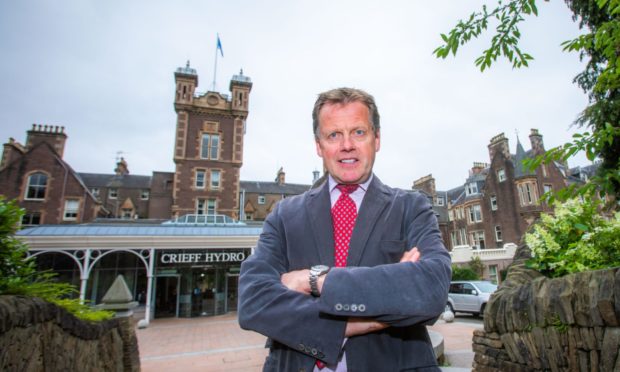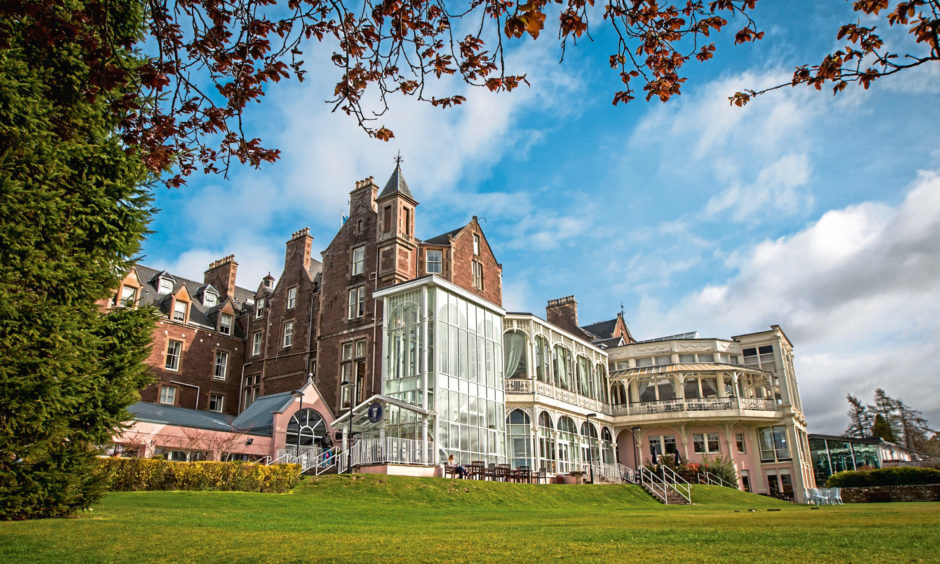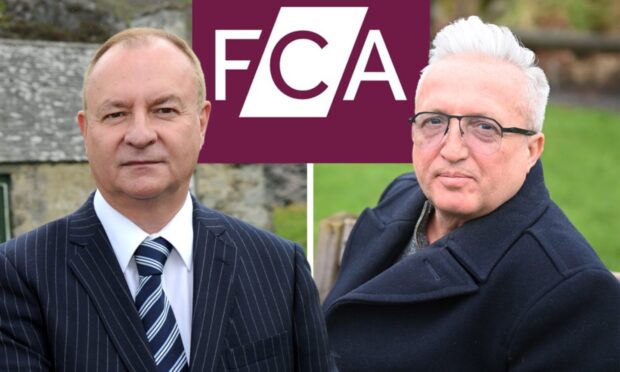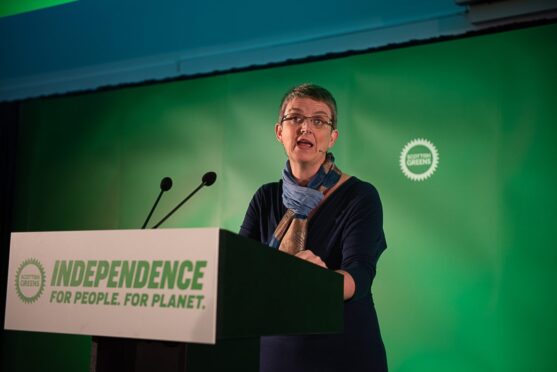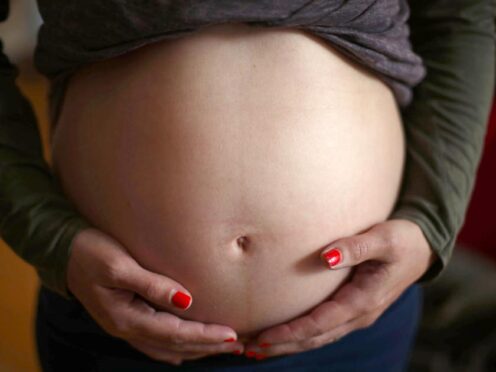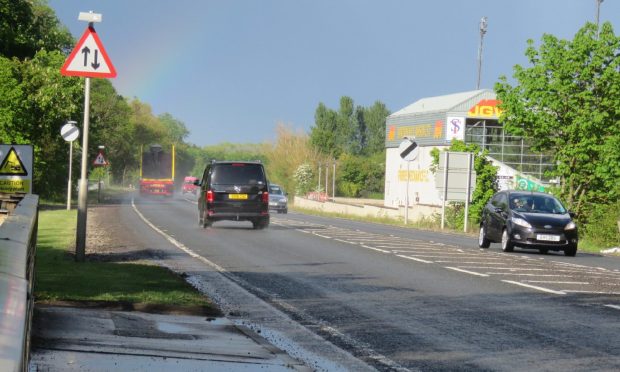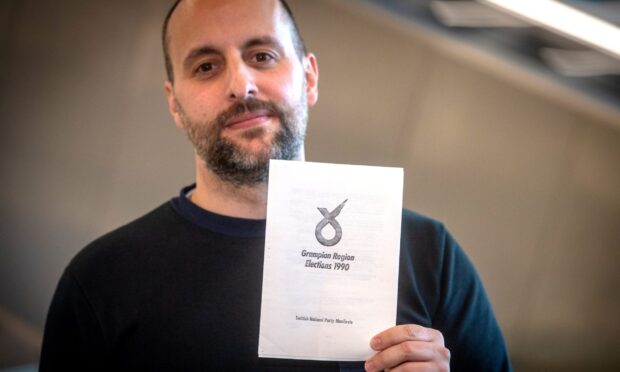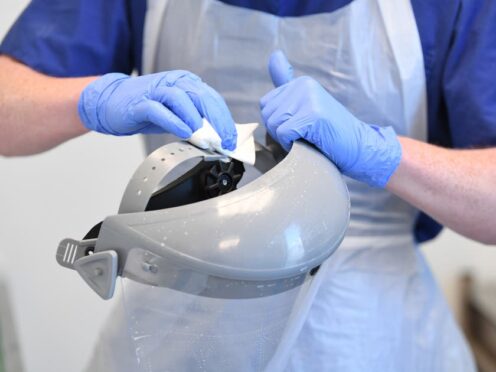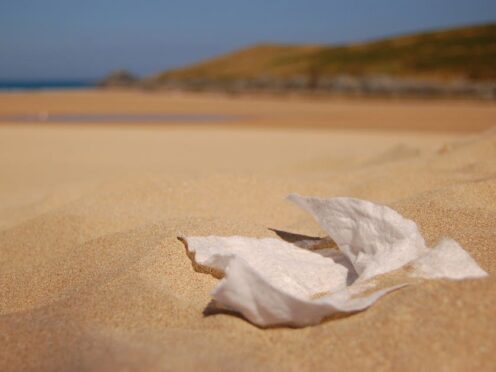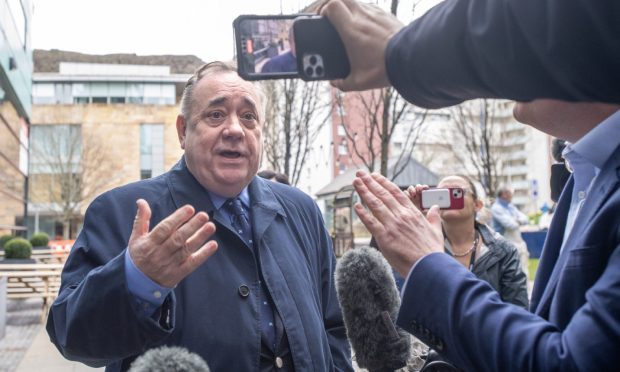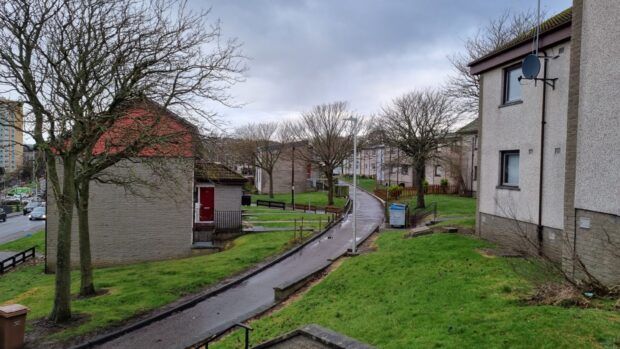The head of one of Scotland’s biggest hotel groups has warned tough new immigration rules with “throttle the industry”.
Stephen Leckie, chief executive of the Crieff Hydro family of hotels, said the proposals will leave hotels and other tourist industries struggling to recruit staff.
As well as the Crieff Hyrdo, Mr Leckie’s company also runs eight other hotels including the Ballachulish Hotel in Lochaber.
In all, over 30 nationalities are represented on the staff.
The Scottish Tourism Alliance has also described the planned points-based immigration system as “the biggest threat” to Scotland’s tourism industry and backed plans for a separate Scottish visa system.
Under the new system, potential immigrants would need to meet certain requirements before being allowed into the UK.
These include earning at least £26,500 a year, working in a profession where there is a shortage of workers and being educated to a certain level.
Those who do not meet the required criteria will not be allowed into country.
They are going to throttle us. They are going to kill us if they don’t listen.
Mr Leckie said the UK Government had not spoken to anyone in the hospitality or tourism industries before drawing up their plans.
He said: “They have not consulted with us at all. And they’ve offended the industry by saying our work is unskilled and they’ve not worked the figures out.
“If they had spoken to us we would have helped them understand but they don’t seem to want to listen. They are, say, in a room or a committee and they have not thought it through.”
Mr Leckie added: “Ten percent of the workforce, 5% of the economy, is in the industry. They are going to throttle us. They are going to kill us if they don’t listen.
“In our brasserie at the Crieff Hydro every single member of staff, all 30 of them, is from Europe or foreign, but they wouldn’t make the 70 points because they’re not supposedly skilled.”
Mr Leckie added: “If it was me I would say thank you for the feedback, we will now go and reconsider.
“To throttle one of the key growth industries for the economy of Scotland cannot be good for anyone.”
The National Farmers Union Scotland has also warned about the consequences of the plans for the agricultural and food industries.
But home secretary Priti Patel said the plans would put the onus on British industries to recruit and train workers from the UK.
She told Sky News: “It is about time businesses started to invest in people in this country.
“We have over eight million people – that is 20% of the workforce – aged between 16 and 64 that are economically inactive right now.
“It is down to businesses to work well with the Government and join us in investing in people, levelling up across the UK so we can have wage growth across the entire country.”
